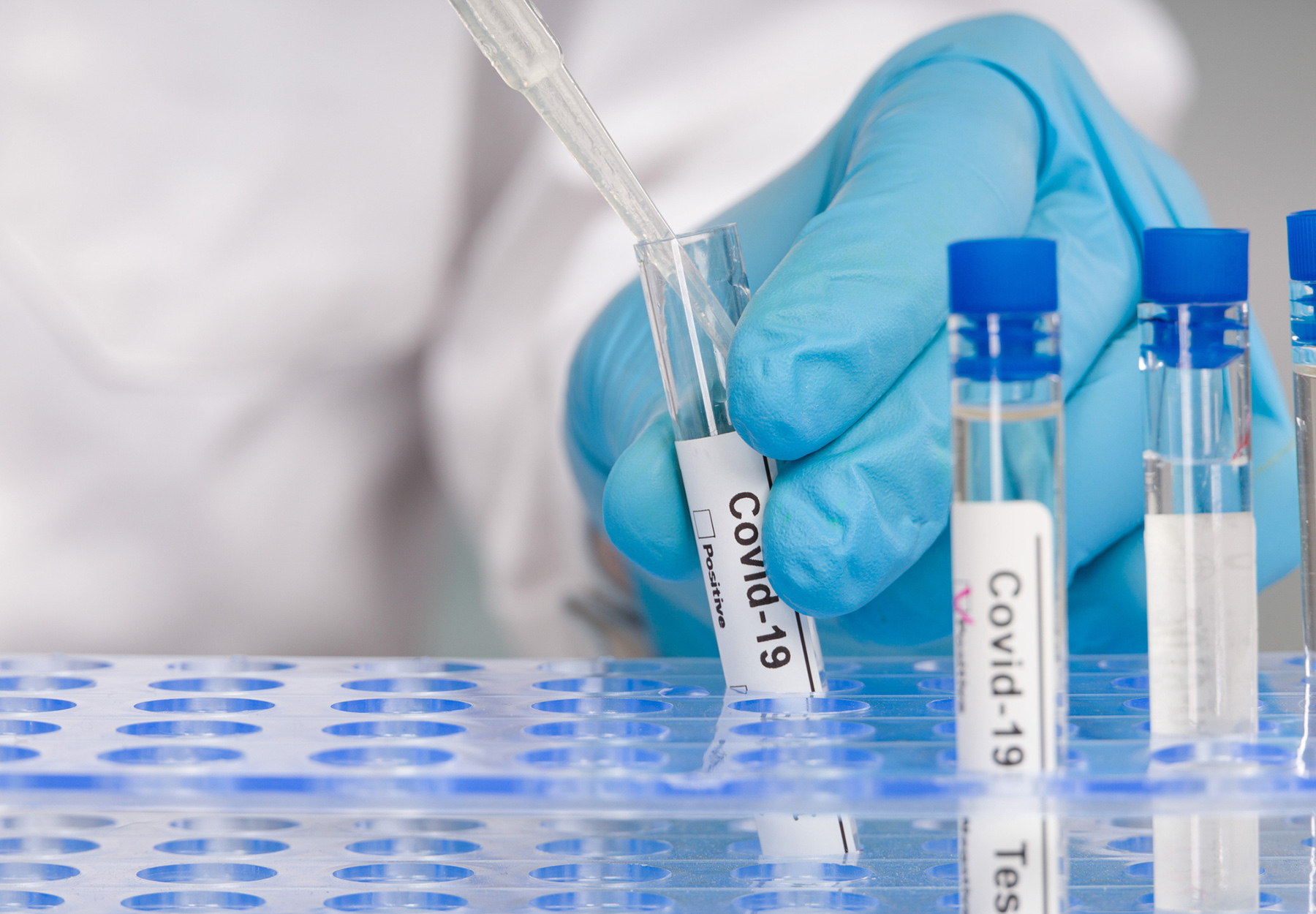The FDA needs to establish a policy on use of its enforcement discretion so that it’s better prepared for the next public health emergency (PHE) and doesn’t repeat the mistakes made during the COVID-19 pandemic, concludes a new report from the U.S. Government Accountability Office (GAO).
FDA has had to bend normal premarketing approval rules during the PHE to ensure an adequate supply of COVID-19 tests reached the market, especially its authority to grant Emergency Use Authorization (EUA) to temporarily allow use of unapproved medical products shown to be effective in treating life-threatening diseases and whose known benefits outweigh their risks. According to the GAO, as of September 30, 2021, the FDA had issued EUA for 370 COVID-19 tests. Without ample time and resources to review all these tests, the agency has monitored them reactively by issuing warnings and recalls in response to performance problems, including false positive or negative results, reported by test producers, health care providers, and consumers.
As the numbers of unreviewed tests grew, FDA officials expressed concerns that the risks of the strategy could be outweighing the benefits. But it wasn’t until November 2021 that the FDA updated its COVID-19 test policy with the intent of phasing out use of enforcement discretion and reducing the number of unauthorized tests.
The same thing could happen in the next public health emergency. As the GAO report notes, the FDA didn’t have and still doesn’t have a policy for when it should begin and end exercising enforcement discretion for the use of unauthorized tests. The absence of such a policy “could hamper an effective response and recovery during a crisis.”
Get a more in-depth analysis of the report in this advance posting from our upcoming August 2022 Diagnostic Testing & Emerging Technologies.
